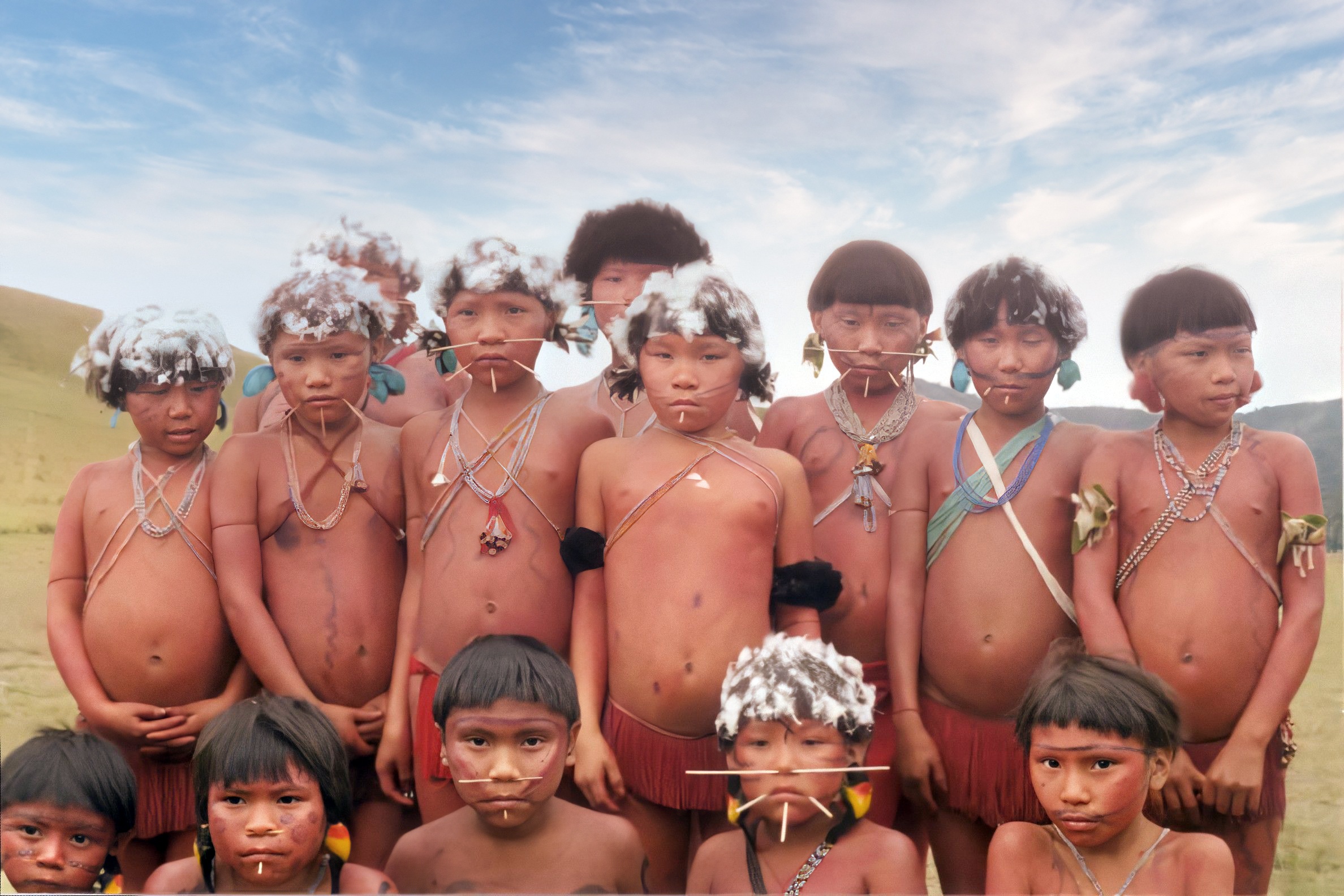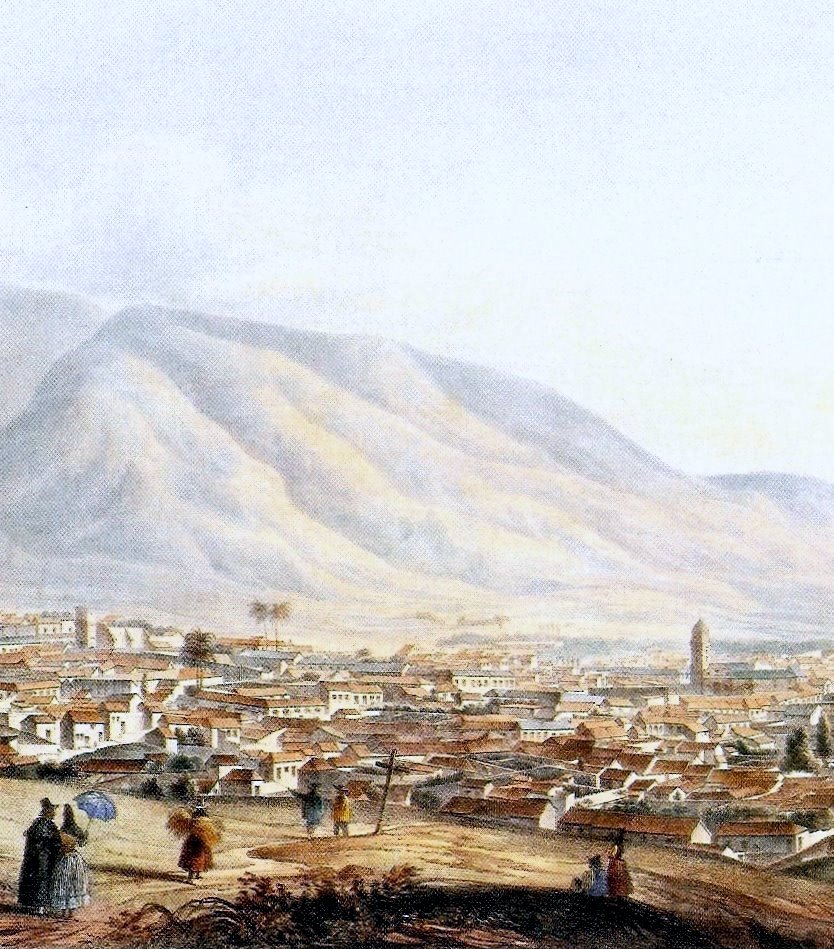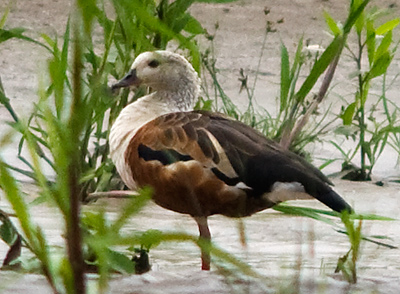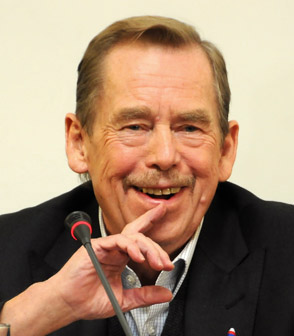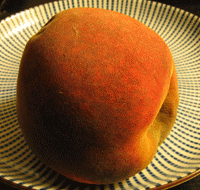Take a look at this BBC article on the Access to Information Act. That legislation will enshrine in the Brazilian constitution the right of citizens to request information from public officials on their administration and to receive prompt response. The article also contains some references to new movements that promote transparency elsewhere, particularly in the EU.
As Edward Eastwick, an English visitor to dilapidated Venezuela during the aftermath of the Federal War wrote, the main problem in my country is not the lack of law but the absolute disregard of it. Back then a Venezuelan told him the reasons and the possible solutions to overcome that mess: education and more education. And yet we keep talking about education today and things haven't changed. Education became a senseless mantra. Education improved somewhat in the XX century, but it became diluted. Old habits never died: education for most people became more rote learning than ever, non-actionable data to be wasted after a few years. And people just got used to think Venezuela is what it is: corruption and dependency on oil is here to stay.
How can we overcome this? Is it possible at all or will Venezuela become more and more the failed state living off oil until the next energy age?
The Chávez government, we have seen this already, is absolutely reluctant to allow Venezuela to take part in transparency mechanisms such as the PISA programme on education measurement. The military caudillo in power is resolute to avoid any public debate - when Peruvian writer challenged him to a debate, Chávez said he, Chávez, "was just a soldier", later to say he would only participate in a debate if his "intellectuals" - sycophants like Britto García, and others also take part in it - i.e. he would stand behind them.
 |
| Venezuela's resources for the military regime and its honchos |
- We need to keep challenging the caudillo time after time to have an open, fair series of debates between him and the elected candidate from February's elections - no parallel monologues.
- We need to distribute information across the secondary cities of Venezuela about how other countries implement transparency measures and what they are doing right now to improve transparency and accountability.
- We have to distribute information about how the government is misusing the unprecedented petrodollar stream (not even the seventies come close to it). This last part is a hard task. You cannot just go on a TV channel that can only be watched by 30% of the population and start throwing numbers at people. You need to go to them and explain things in a very visual way.
Those are some of the things we need to do next year.
And I wish you a successful 2012 to you all!


